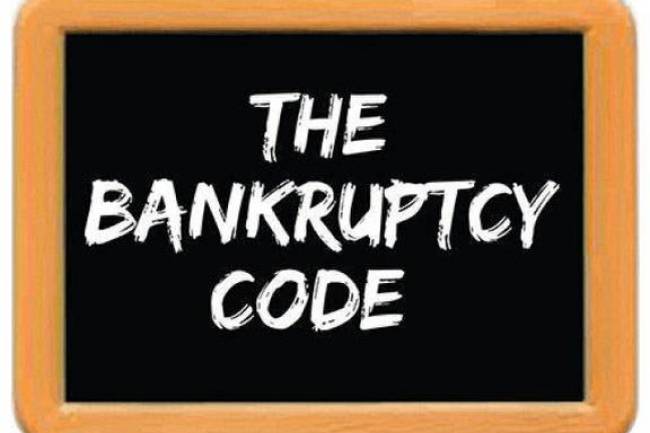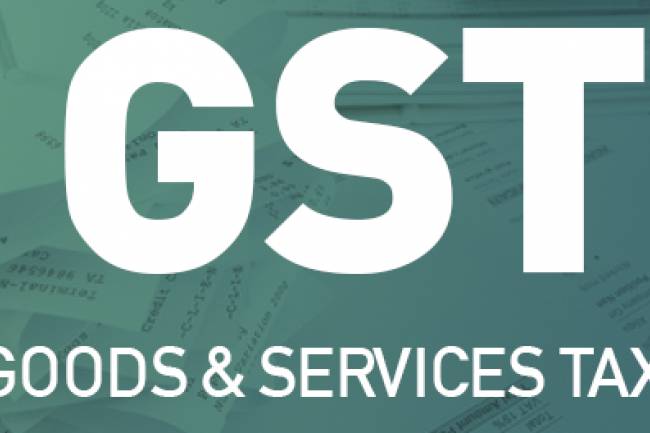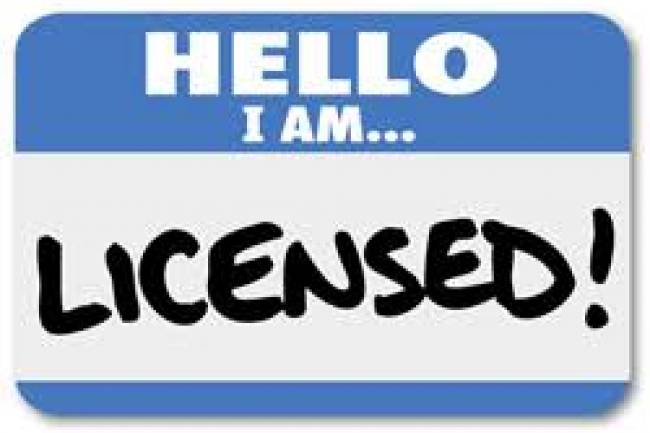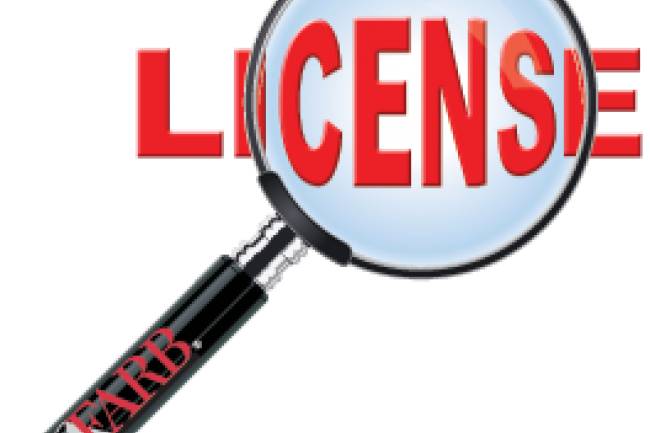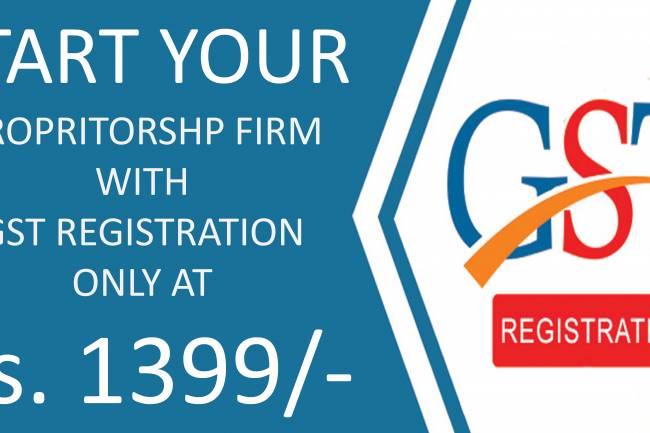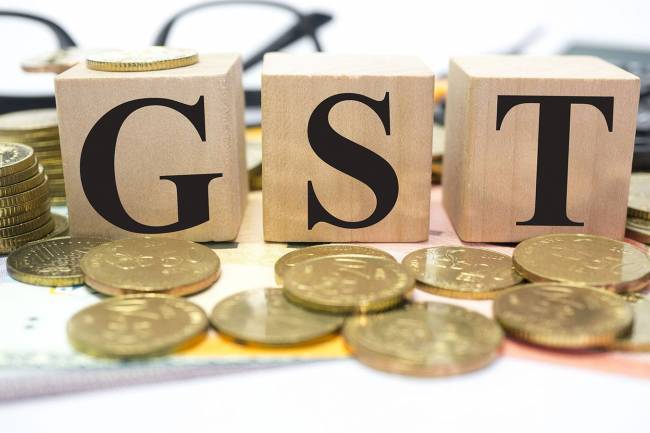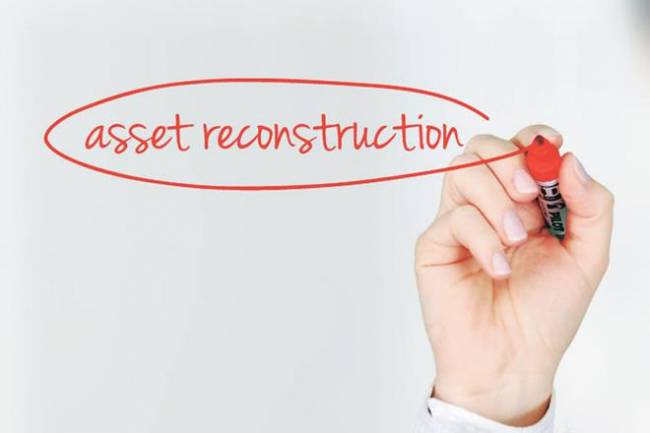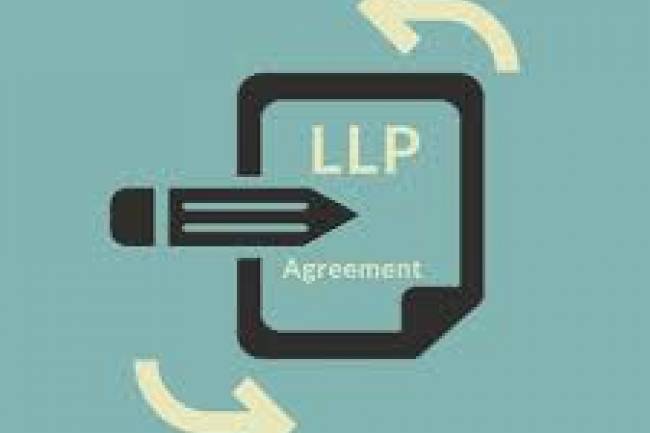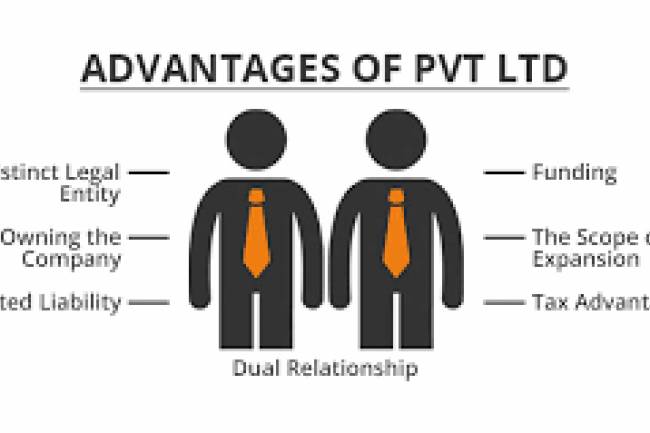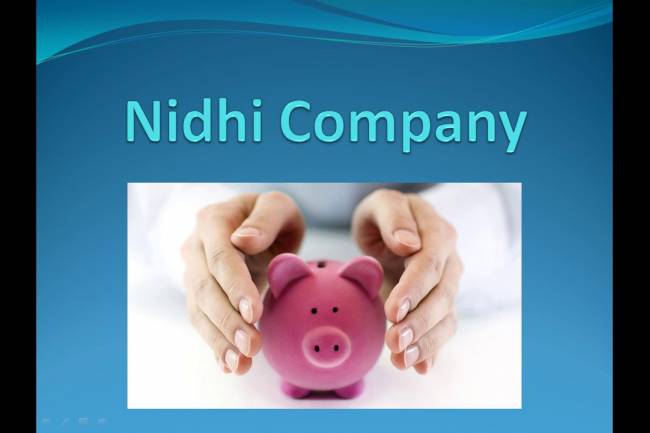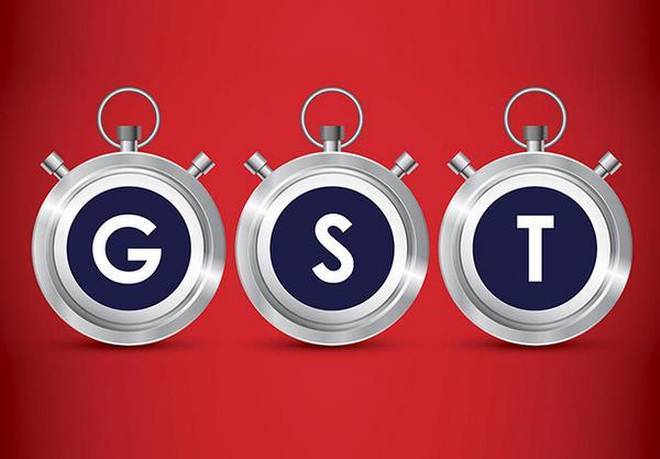
History of Goods and Services tax in India (GST) – The rise of GST
1.0 Introduction
At the point when Indians say that twenty-first century will have a place with India, at that point they really would not joke about this. Around 16 years back, when the world was putting its progression forward in the twenty-first century, India was likewise pointing high towards turning into a monetary superpower. Our previous Prime Minister Shri A.B.Vaypayee comprehend the glitches in the present tax assessment structure and subsequently began the discourse on the Goods and Service Tax (GST) without precedent for Indian history. A portion of the critical relates of occasions in GST history are as per the following:
2.0 First Committee on GST
In 2000, he set up a board of trustees which was going by Asim Dasgupta (previous fund serve, Government of Bengal). The panel was given an assignment of planning and building up the GST demonstrate which suits the Indian government structure well. It was additionally given an assignment for outlining the back end framework for the successful execution of the GST rollout.
"To find out about the GST, subscribe to our month to month magazine."
3.0 Phase of VAT usage
Amid the period of 2000 to 2005, Indian aberrant assessment structure was likewise seeing a notable change for the sake of VAT. VAT remains for Value Added Tax. VAT in India was presented at the middle level first. VAT was first presented in 1986 for couple of products which were then called MODVAT which was later on stretched out to different items and stages and thus renamed as CENVAT w.e.f 1.04.2000.
4.0 Kelkar proposal of Comprehensive GST Model
After usage of VAT a focal level, Government of India was quick to present VAT at the state level. The usage of VAT some way or another dominates the discourse on GST. Some place in the middle of, the Kelkar team in the year 2003 recommended a thorough Goods and Service Tax (GST) in light of VAT rule. It brought up that there is presumably that India has an enduring force with respect to changes and tax assessment; be that as it may, there is a need of another extensive GST which should be founded on VAT standards.
5.0 Budget of 2006
Aside from the Kelkar proposal, chats on GST were in icy stockpiling until 2006. The hush was broken by the previous Finance Minister P.Chidambaram in his spending discourse for the Year 2006-07. He was definitive while talking about the usage of GST. He demonstrates the need to the nation to unite from existing framework to the national GST. He said
"It is my feeling that there is a substantial accord that the nation should move towards national level Goods and Services Tax (GST) that ought to be shared between the Center and the States. I suggest that we set April 1, 2010, as the date for presenting GST. The World over, merchandise and ventures draw in a similar rate of assessment. That is the establishment of a GST. Individuals must get used to the possibility of a GST. Thus, we should dynamically unite the administration impose rate and the CENVAT rate."
Along these lines, it was the year 2006-07, when India was not kidding without precedent for actualizing the Goods and Service Tax (GST). The duty of setting up a plan and guide for the consistent usage of GST was doled out to Empowered Committee of State Finance Minister.
6.0 First Discussion Paper on GST by EC
The engaged advisory group of State Finance Minister discharges their first exchange paper on November 10, 2009. The exchange paper suggested the double GST demonstrate for India. After the arrival of the primary talk paper, it was basic that GST won't meet the due date as expressed in the Budget discourse in 2006.
7.0 Budget of 2010 – concede GST by one Year
In the spending discourse of the year 2010-11, Shri Pranab Mukherjee expanded the due date by one year. He said;
"On Goods and Services Tax, we have been concentrating on creating a wide accord on its plan. In November 2009 the Empowered Committee of the State Finance Ministers set the principal talk paper on GST in people in general area. The Thirteenth Finance Commission has additionally made some huge suggestions identifying with GST, which will add to the continuous dialogs.
We are effectively drawn in with the Empowered Committee to conclude the structure of GST and additionally the modalities of its speedy execution. It will be my sincere undertaking to present GST alongside the DTC in April 2011."
8.0 115th Constitutional Amendment Bill, 2011
On 22nd March 2011 the 115th Constitutional Bill was the main timetabled in Lok Sabha. The legislature was quick to present and pass the Constitution Amendment Bill, be that as it may, because of absence of political accord; the bill was alluded to standing board of trustees on 29th March 2011.
Following two years of holding up, the standing advisory group gives his write about 7 August 2013. It was the latest year of the legislature and the bill if not passed, and after that it should slip by on the disintegration of Lok Sabha.
Not surprisingly, the 115th Constitutional revision charge slipped by with the disintegration of Lok Sabha by the respectable President Pranab Mukherjee.
9.0 122nd Constitutional revision charge, 2014
With the new government in control, the 122nd Constitutional revision charge was tabled in Lok Sabha on nineteenth December 2014. Since the new government has the required number in the Lok Sabha, it was normal that GST bill would be cleared in Lok Sabha. The significant issue for the present government is to get the required number in Rajya Sabha.
Obviously, 122nd Constitutional alteration charge, 2014 was passed by Lok Sabha on sixth May 2016.
10.0 Bill tabled in Rajya Sabha
It was not a simple employment for the legislature to get the bill cleared from the Rajya Sabha. There were political contrasts between the administration and the restriction. Commonly, Rajya Sabha was dismissed because of the undesirable contention between the Members of Parliament. Absence of larger part in Rajya Sabha was the significant barricade for the legislature.
11.0 Bill Passed by Rajya Sabha
Indeed, even after such huge numbers of obstacles, the 122nd Constitutional Amendment charge was passed by the Rajya Sabha on third August 2016 subject to a few changes. The revision made in the bill passed y Rajya Sabha was passed by Lok Sabha on August eighth, 2016.
12.0 Ratification by State government
For the alteration to end up plainly viable, the sacred bill must be confirmed by no less than half of the states (i.e. by no less than 16 states out of 31 state congregations) inside 30 days. Since, charge was passed by consistent assent of the considerable number of gatherings; this condition was not all that extreme.
Inside 23 days, 16 states approved the GST charge. Assam was the primary state to endorse the GST charge. In the wake of getting the essential number, the GST charge was prepared for the presidential gesture.
13.0 President favors 122nd Constitutional Amendment Bill, 2014.
On eighth September 2016 history thinks of itself when President gave his gesture to the GST charge. GST charge is presently the tradition that must be adhered to.
At the point when the history was unfurling itself on eighth September 2016, the considerable man Shri A.B. Vajpayee was recalled by and by. When Vajpayee said "I long for an India, free of appetite and need," and when his 16 years of age vision turns into a reality on eighth September 2016, possibly his fantasy will likewise be a reality in the coming splendid years of twenty-first century.
Visit HireCA.com Now


